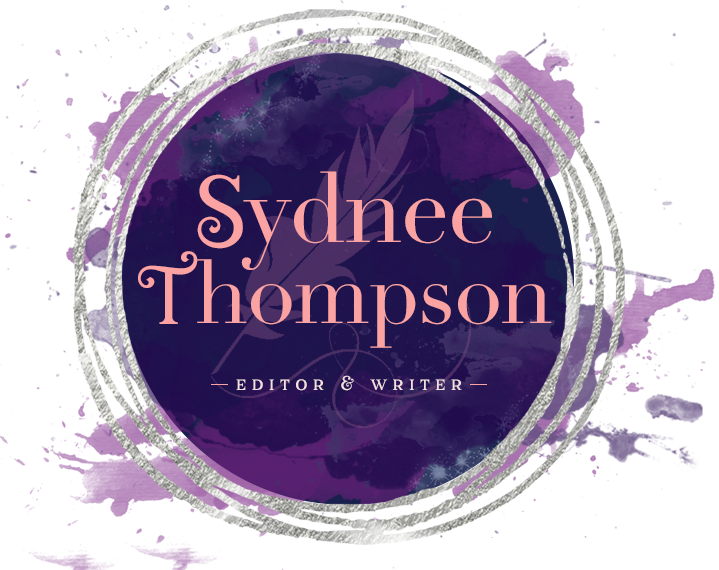According to its blurb, Half-Blood by Jennifer L. Armentrout is pretty standard YA fantasy fare: descending from the children of Greek gods and humans, the “Hematoi” are excessively strong and beautiful creatures that have lived secretly among humans for centuries. When two Hematoi conceive, they create pure-bloods, who are just as strong and beautiful as their parents. When a Hematoi and a human have children, however, they create half-bloods. Half-bloods are oppressed and controlled by their pure-blood masters, and they are fated to do only one of two things: either become Sentinels and spend their lives hunting and killing daimons (the fallen Hematoi) or become mindless servants, i.e., slaves, to the Pure-bloods.
At the start of the novel, seventeen-year-old Alexandria Andros is a half-blood trying desperately to get back into the Covenant so she can train to be a Sentinel and avenge her mother’s horrible death at the hands of a daimon. Unfortunately, she’s been out of training and out of touch for over three years, and the Covenant’s Dean, who also happens to be her uncle, is reluctant to allow her to continue her training. But heartthrob Aiden St. Delphi, a pure-blood Sentinel, vouches for her and promises to train her every day during the summer so she’ll be prepared for classes. Alex has always had a bit of a crush on Aiden, but during the month or so they train, delicious tension crackles between them. The only problem? Pure-blood/half-blood relations are forbidden. If Alex and Aiden were ever caught together, Alex would be turned into a slave immediately.
The base premise of the novel is not particularly new or exciting, but that doesn’t matter. The characters are what really bring this novel to life. Alex is impulsive, loud, and reckless to the point of insanity, and I love her for it. Aiden is red hot and intense, but sweet and empathetic, and every time he gets close to kissing and/or touching Alex I get giddy with excitement and envy. Caleb, Alex’s best friend, is a partyer through and through who loves to drink, talk trash, and ogle chicks, but he’s also sensitive and loyal to a fault. Ever character, rather major or minor, has an entrancing personality that makes them stand out in my mind. They’re the glue that holds every scene, every plot point, and every bit of detail, together to create an epic experience that stayed with me long after I finished the book.
I love Alex and Aiden’s relationship, and I loved this book. I’m addicted, and I want more. I honestly can’t think of anything I disliked, other than the fact that I can’t read the sequel right at this moment.
5/5 Stars.







